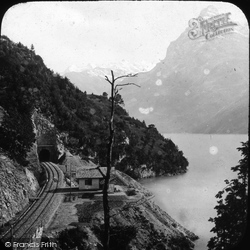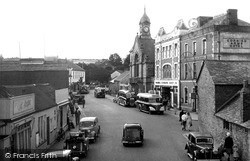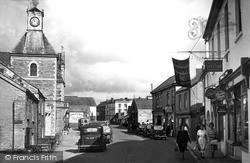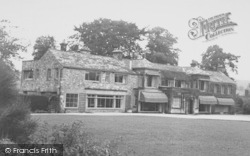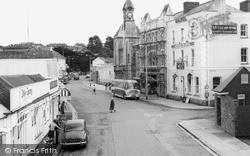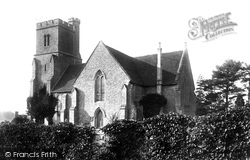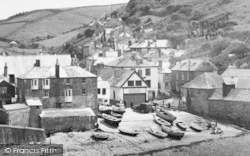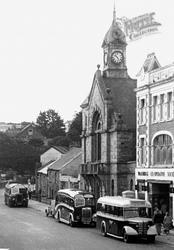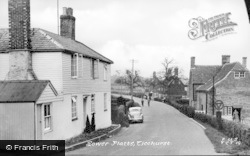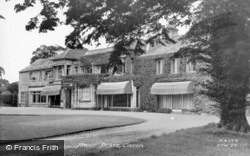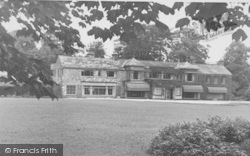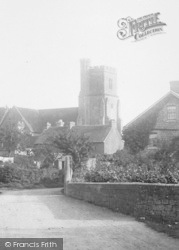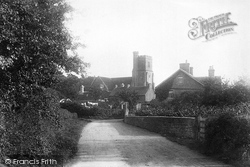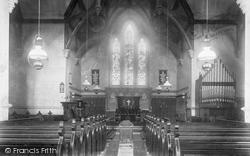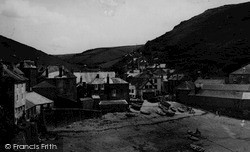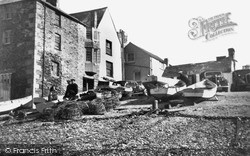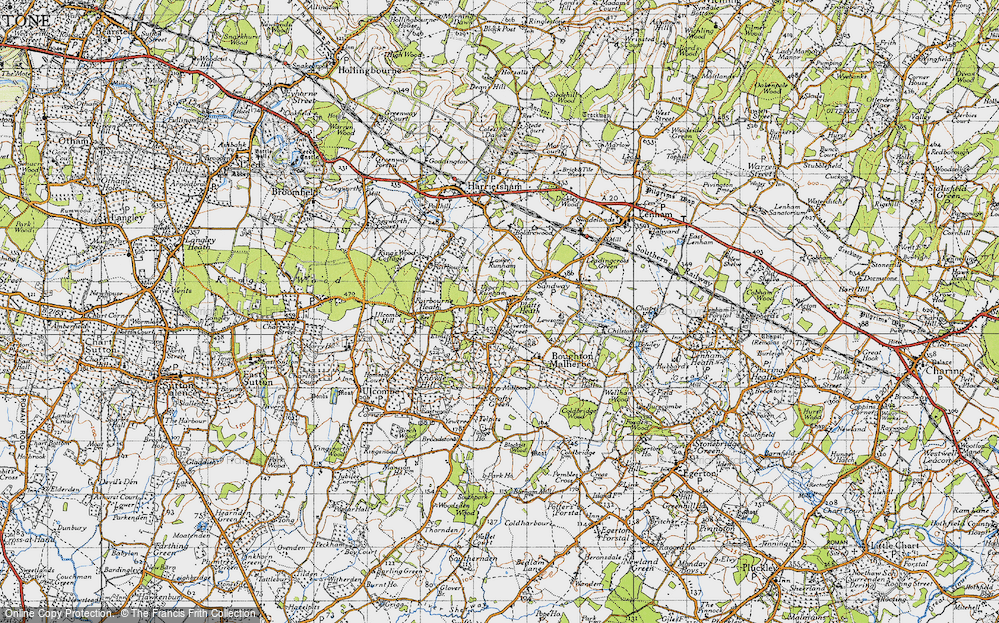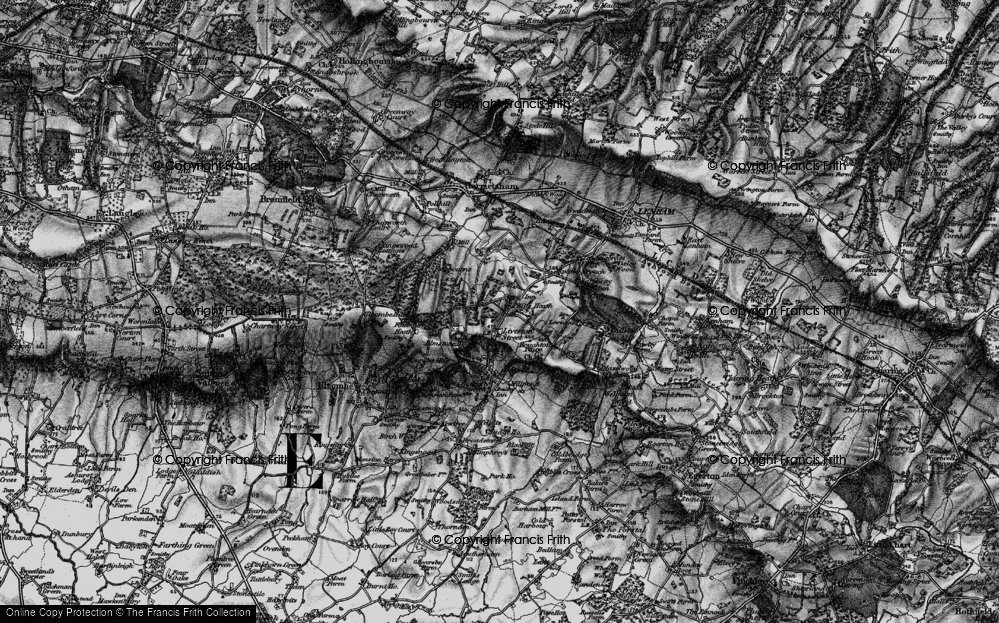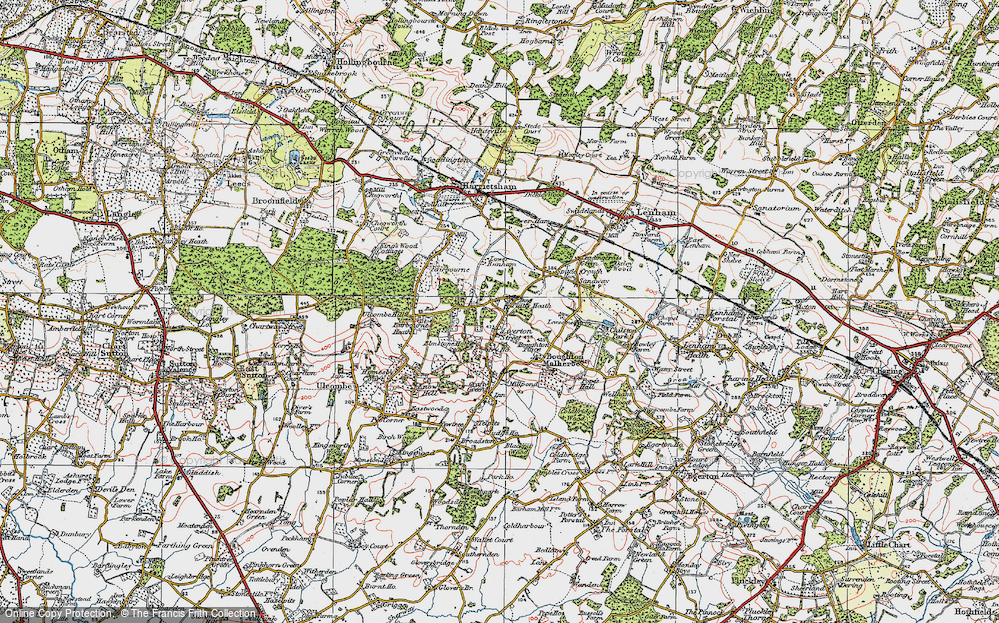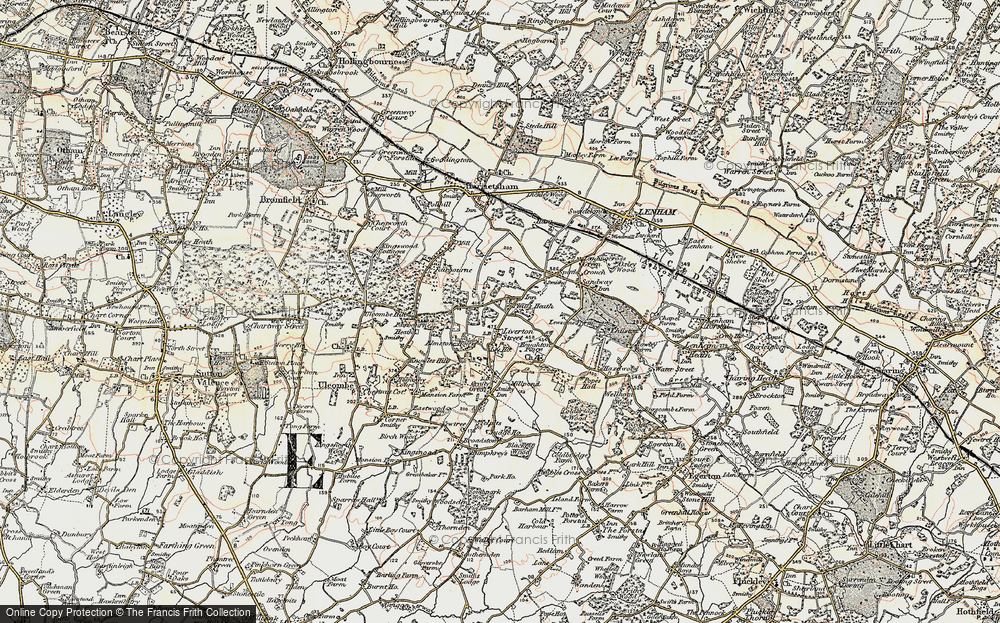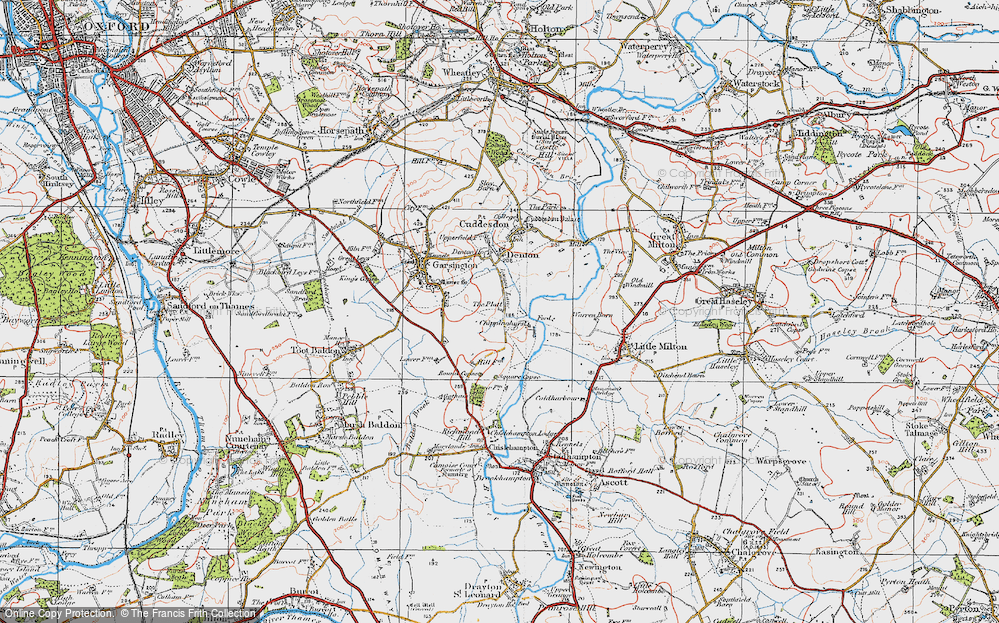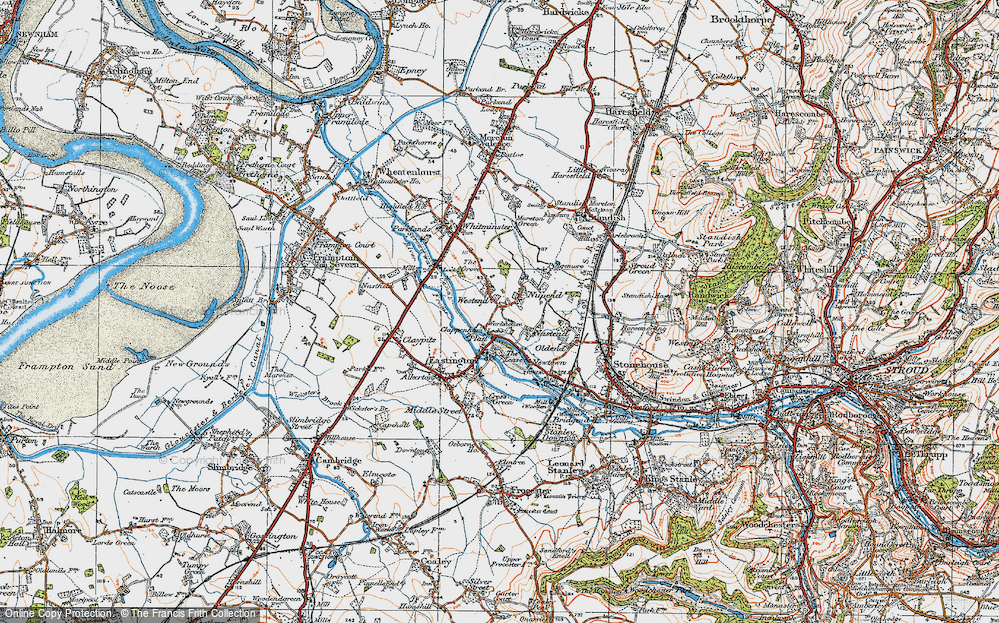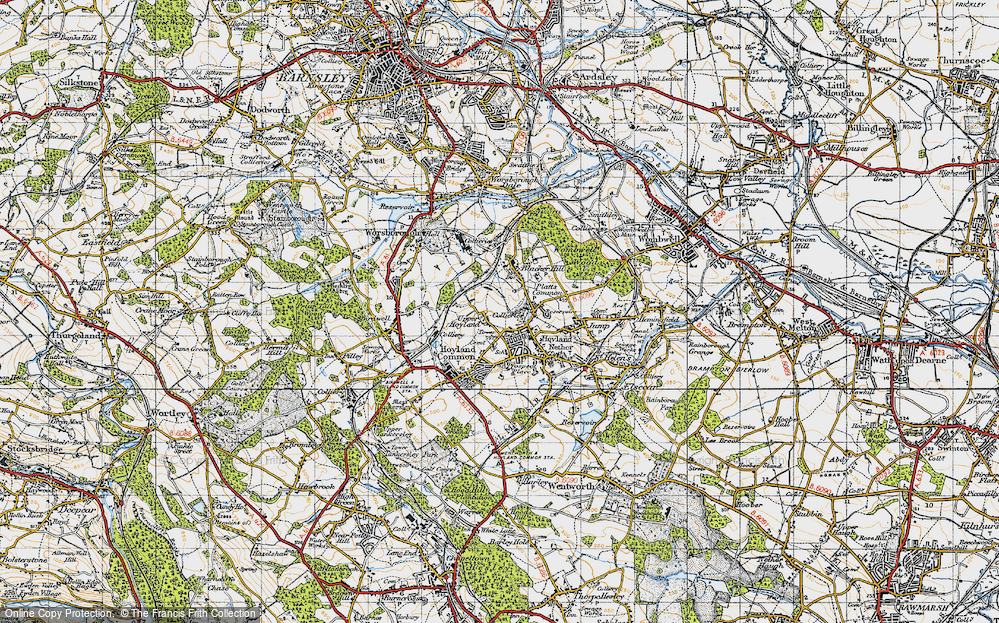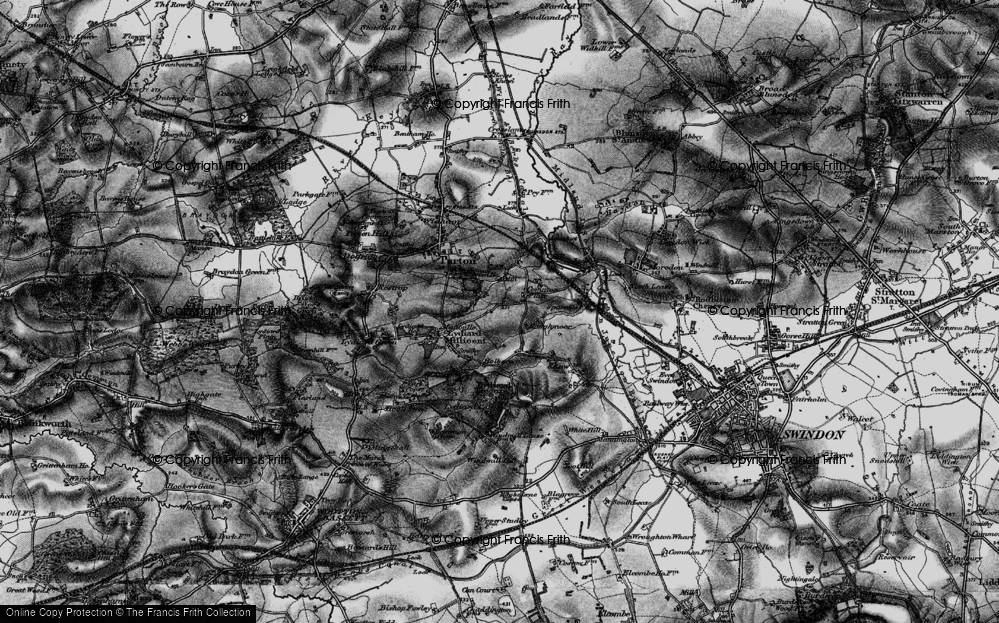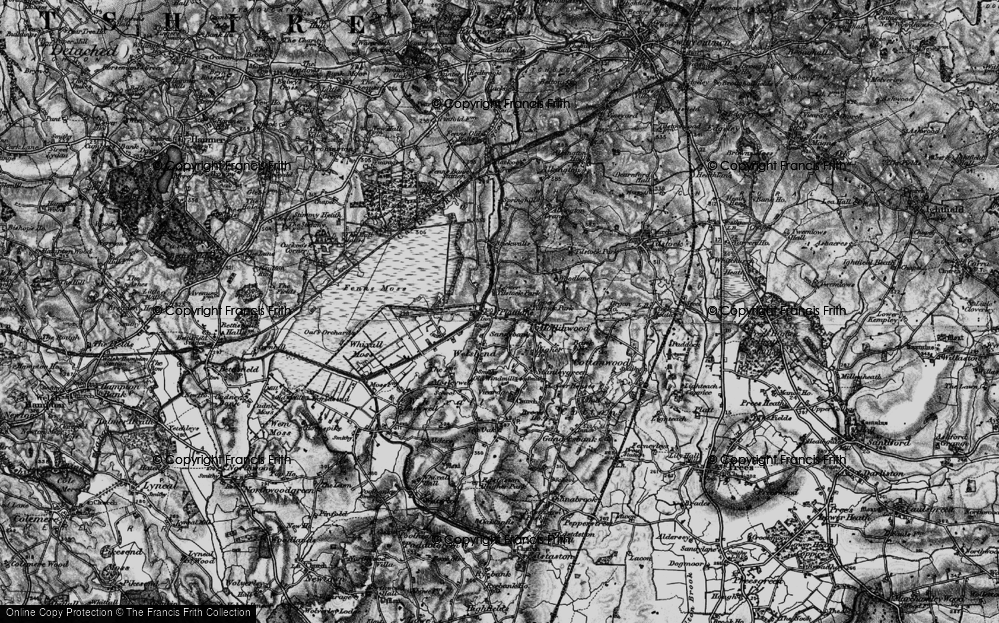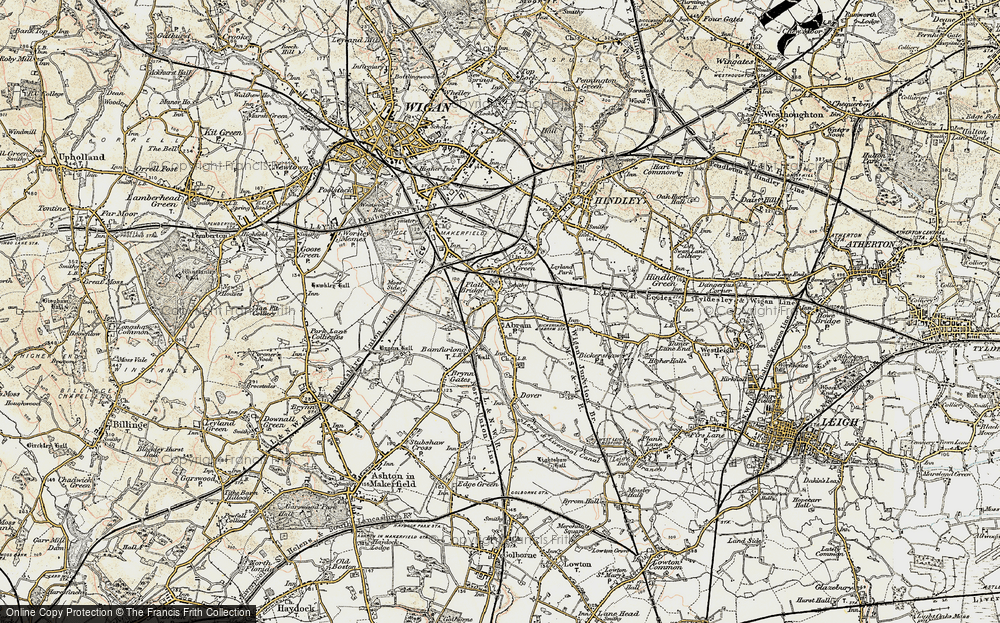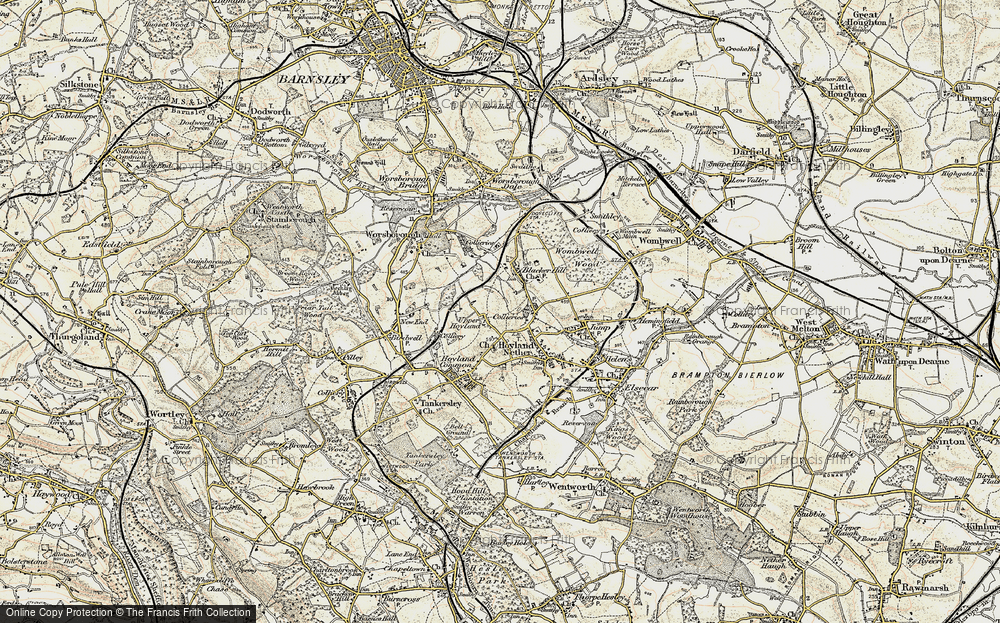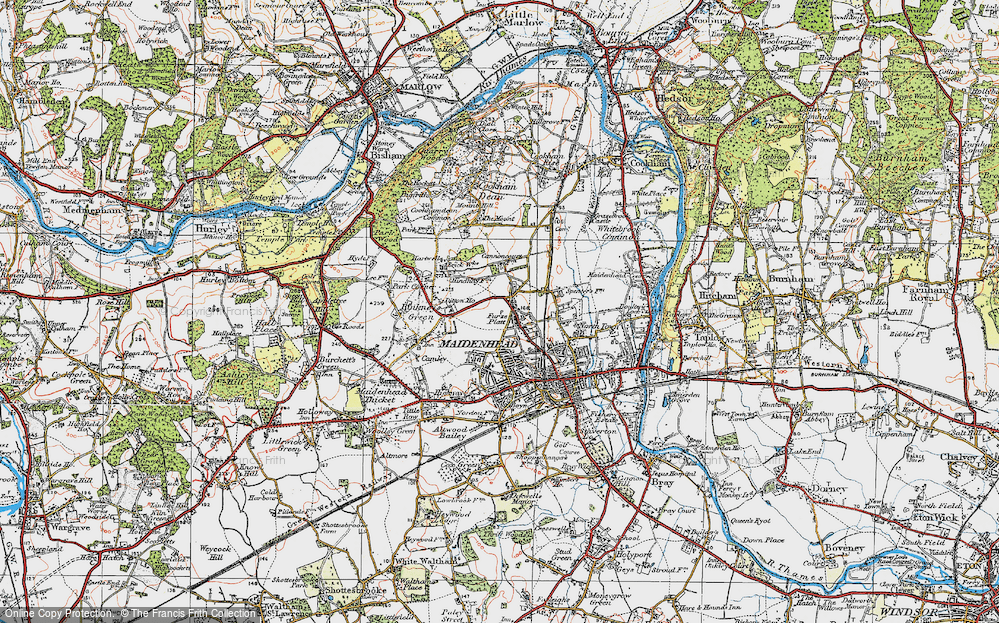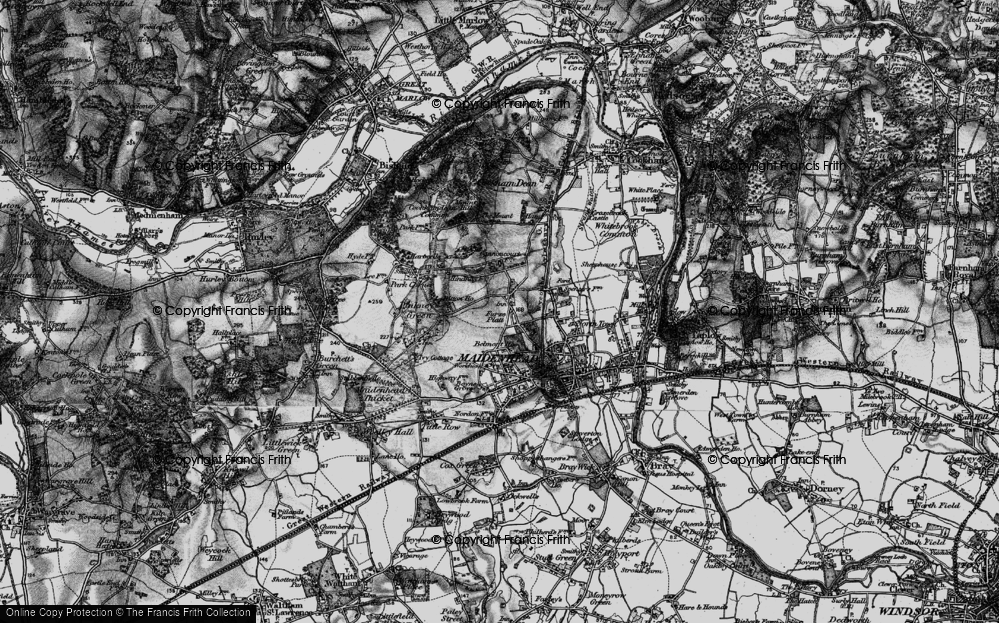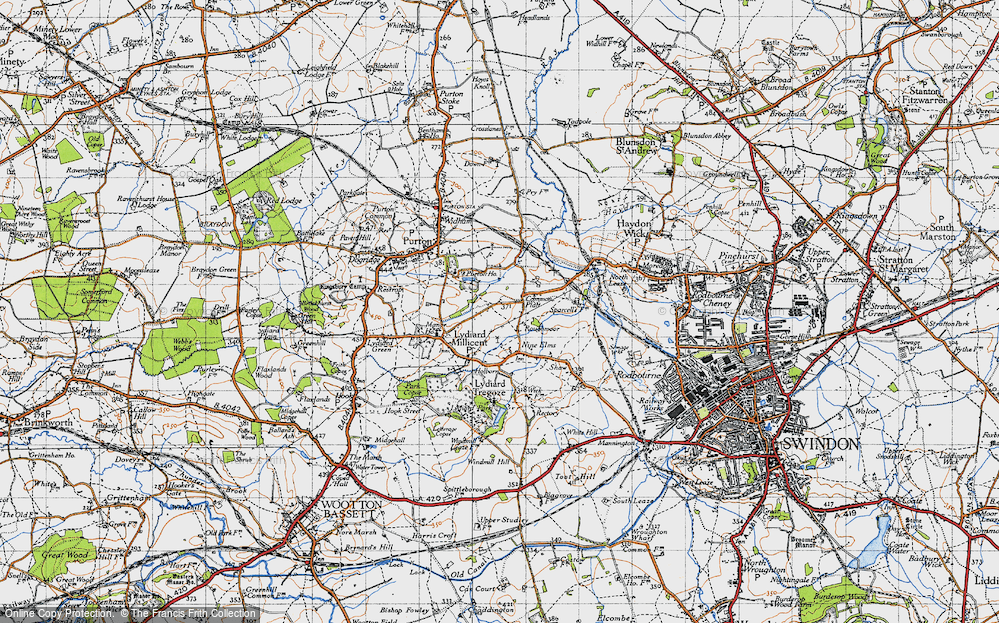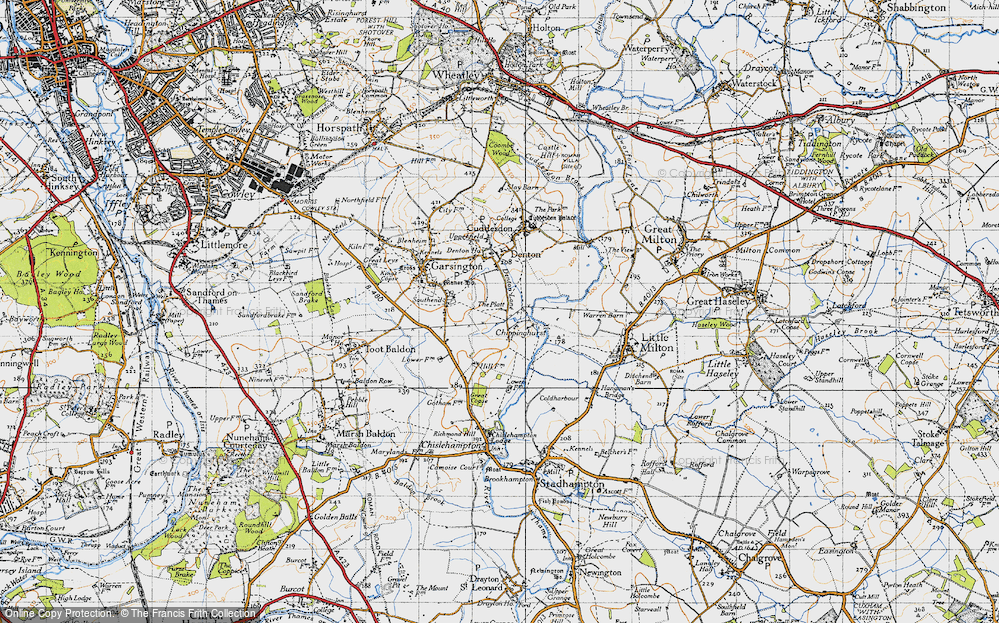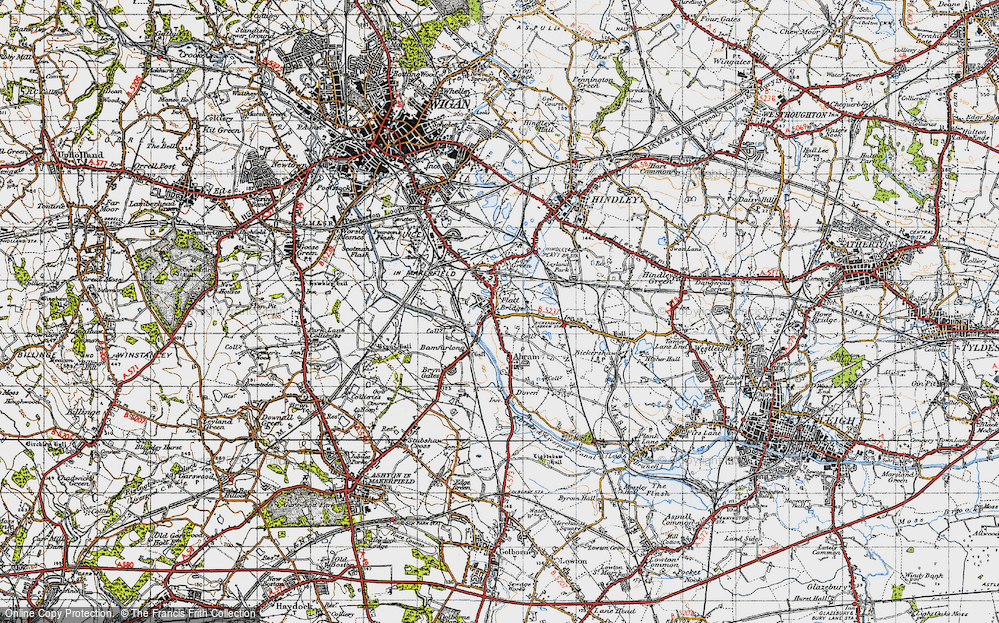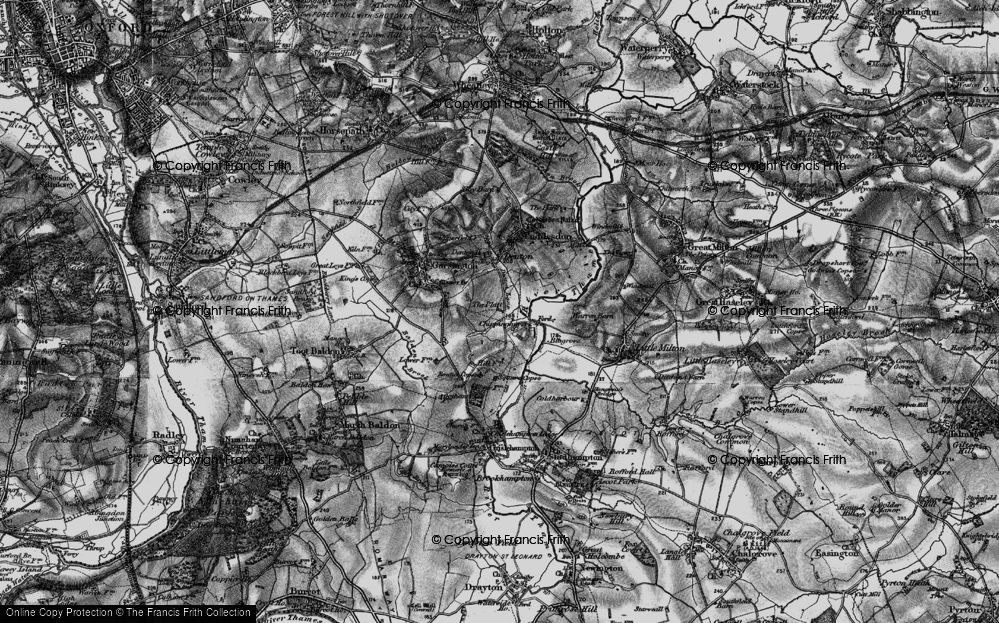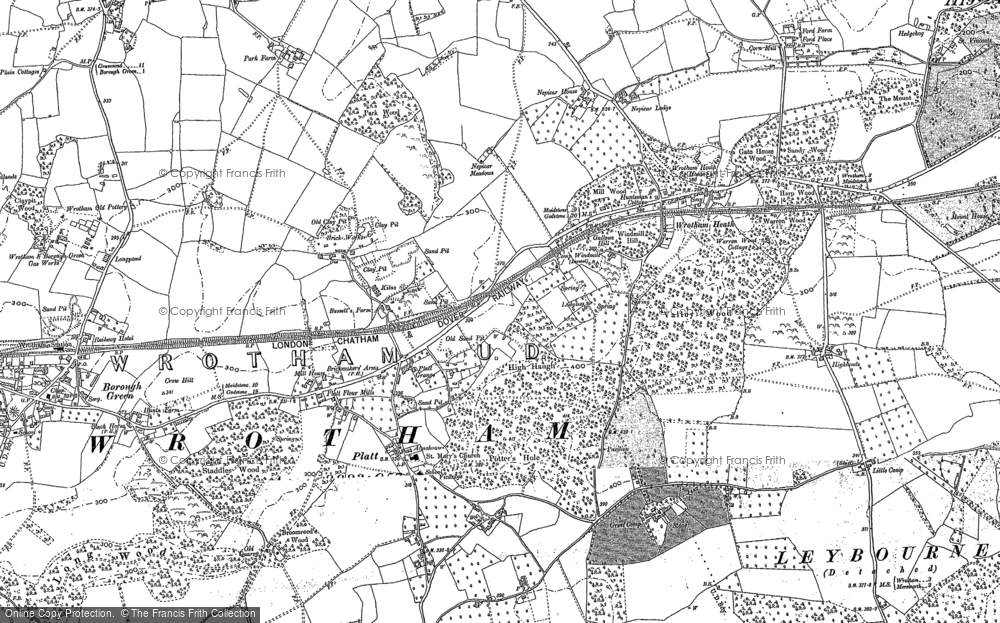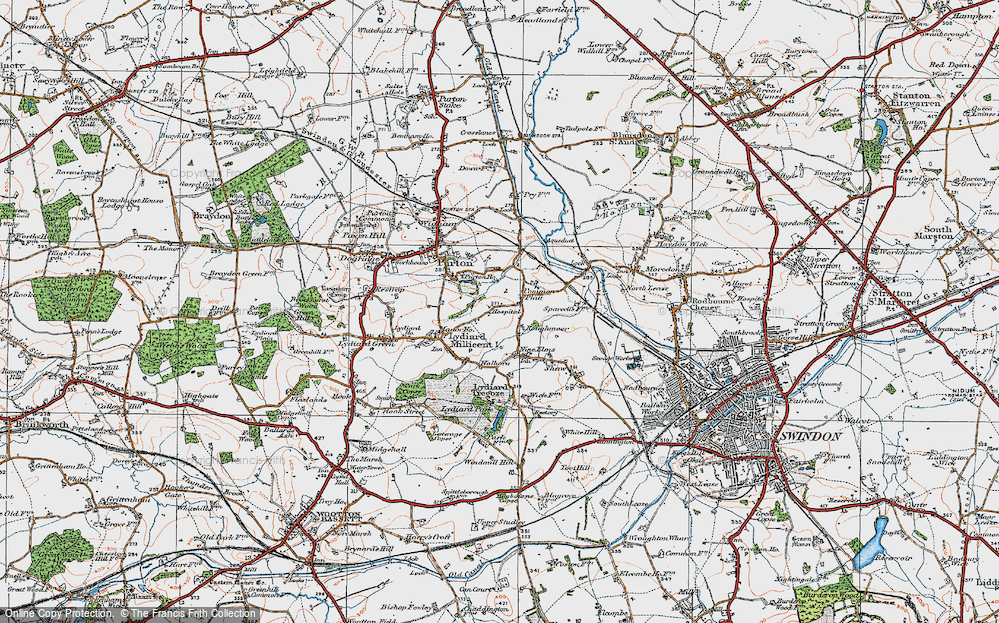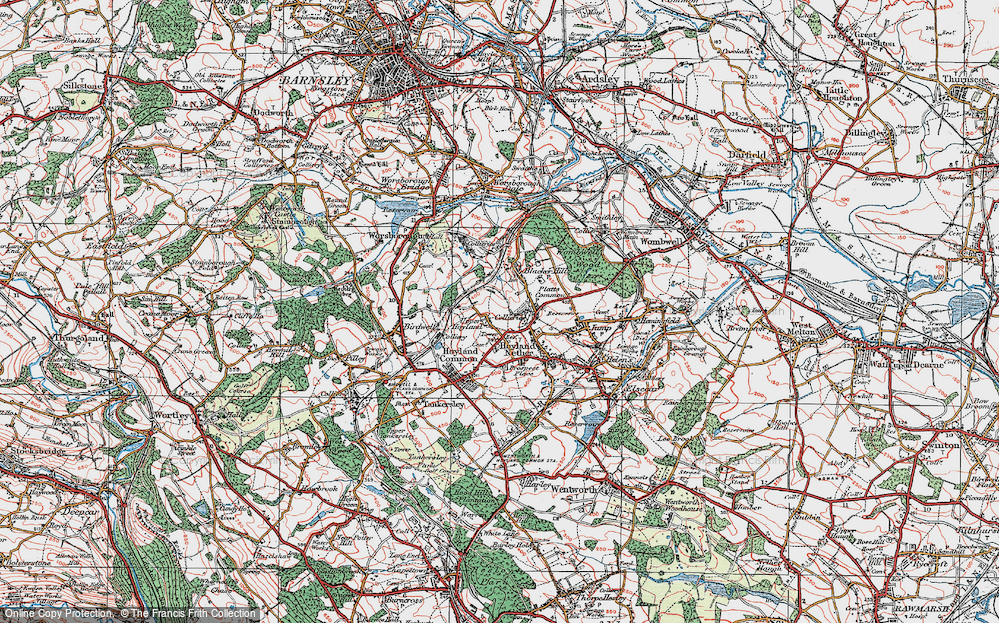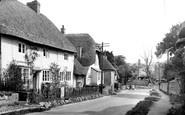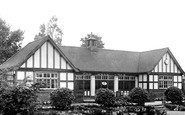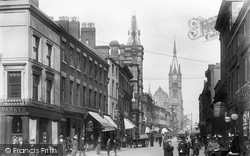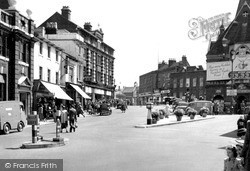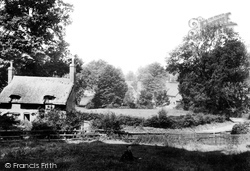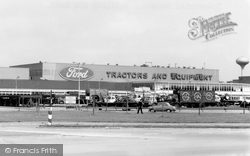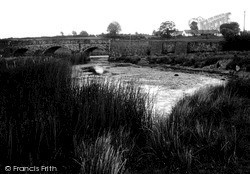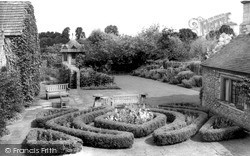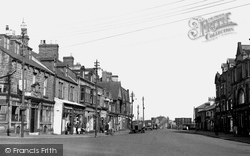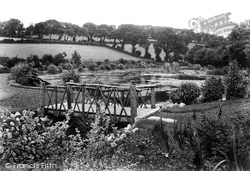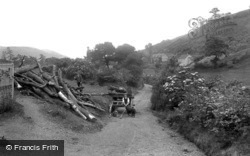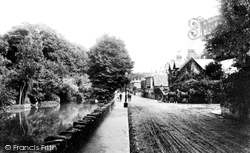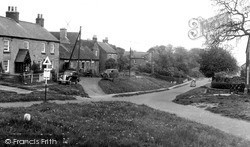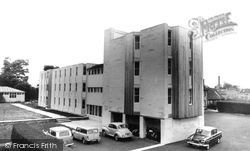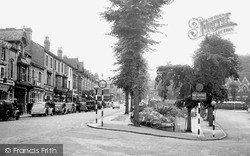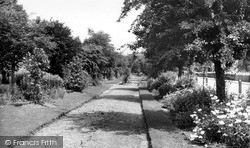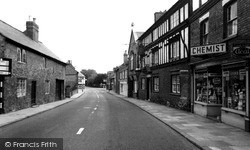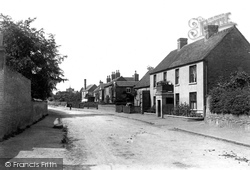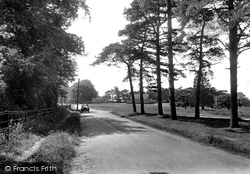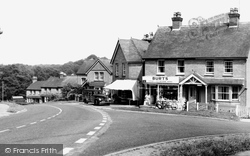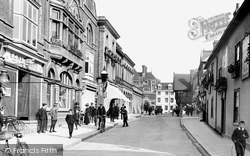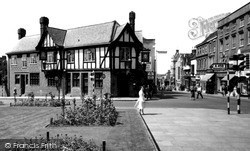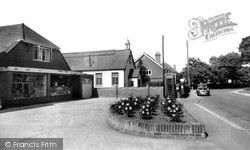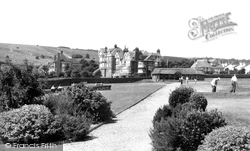Places
9 places found.
Those places high-lighted have photos. All locations may have maps, books and memories.
Photos
16 photos found. Showing results 1 to 16.
Maps
55 maps found.
Books
Sorry, no books were found that related to your search.
Memories
162 memories found. Showing results 1 to 10.
Princess Christian College
26 Willbraham Road used to be the home of the Princess Christian College of Nursery Nursing where I spent a happy if hectic 18 months - in those days my surname was Smith. We used to be able to go out through the back ...Read more
A memory of Manchester in 1968 by
John Ford Havelock Road
I know you. You are the little boy who came skipping out of your house to tell us all that 'We had won the War'. I was born at No. 8 - all the children played together in that cul-de -sac. John Heard's sister was my best ...Read more
A memory of Deal in 1940
Early Years In Hindley
What - no memories of Hindley? I was born in 1935 (nee Pennington) at a house in Liverpool Road, just up from the Strangeways Pub (The Paddock). The area was called Navvies' Lump, and although the address was "Liverpool ...Read more
A memory of Hindley in 1930 by
Dunsmore People And Happenings Remembered
PREFACE TO THE SECOND EDITION In 1995, when the first edition of this history was published, it seemed incredibly optimistic to have had three hundred copies printed for a market which ...Read more
A memory of Dunsmore by
Orange Hill Girls Grammar School
After passing the 11+ at St Johns School, Milton Road, West Hendon, I attended Orange Hill from 1947. I had quite a journey, having to take the trolleybus along the Edgware Road then a walk down the Watling ...Read more
A memory of Burnt Oak by
Milton And Plant A Tree For 73
A memory of Milton Lilbourne, Wiltshire. Interesting reference to Plant -a-tree-for-73 as I was the person who set this up. I also attended Milton School from about 1946 to 1950 when I passed a scholarship to ...Read more
A memory of Milton Lilbourne in 1973 by
School
I lived and went to school in Ogbourne St Andrew, I think the headmistress was a Miss Platt and very authoritarian. I always remember school dinners because we were not allowed to leave anything it all had to be eaten. Fried ...Read more
A memory of Ogbourne St Andrew in 1966 by
1939 Onwards I Remember
I was born in 1939, the year war started, and remember being lifted out of bed in the middle of the night and the barrage balloons looked like big elephants in the sky. I also remember the table shelter in the lounge which ...Read more
A memory of Harborne in 1940 by
Illuminations
Does anyone remember the illuminations in the Dell at Hexthorpe Flatts? I can remember seeing them in the 1950s. I lived on Urban Road and Beaconsfield Road, both of which are in Hexthorpe. I now reside in Canada.
A memory of Doncaster
Those Were The Days
I was born in the home of my grandparents John and May (nee Hulse) Yeomans in Mere Road, my mother being the former Kathleen Yeomans. My immediate neighbours on either side were Jack and May Platt and ...Read more
A memory of Weston in 1940 by
Captions
64 captions found. Showing results 1 to 24.
On the right are John and H Platt the printers' premises, and on the far right is Clarke's General Store.
The lock, built in 1814, was rebuilt in 1906 specifically to accommodate naval vessels up to 200 feet long built on Platt's Eyot further upstream.
Once the site of Corn Market House, where weekly markets were held for the sales of corn and straw plait, Market Hill underwent a major refurbishment in the 1860s, culminating in the joint opening of the
Whitwell was home to two special industries - straw plaiting and watercress production.
In the 1800s, the villagers' income came from the straw-plaiting industry, which served the hat-making trade at Luton.
The Ford Tractor Plant—resplendent with its 600,000 gallon water-tower (right)—occupied the whole of the No 3 Industrial Estate.
This was once a lake that gradually filled with plants on which sphagnum moss grew. As the plants died, peat formed, which became a major source of fuel for the local inhabitants.
Here it is planted with flowers. Today the hedges are taller, with a narrow gravel path between them.
Ransomes & Marles brought jobs to the town when they opened a ball-bearing plant.
Here visitors could enjoy many pleasant walks alongside the river, or sit amid subtropical plants and watch others playing tennis, football and cricket in the nearby playing fields.
Villagers can still get free mineral water from a tap by the entrance to the bottling plant.
Bonchurch is a charming suburb of Ventnor, its rich plant life a joy to behold.
Just outside the village is the most northerly planting of lavender - the farm is firmly on the Howardian Hills tourist trail.
The newly-planted orchard, left, now has mature fruiting trees. Harris's chimney, far right, has gone.
Even so, the population then was about 6000.The town’s development received a boost in 1945 when Rover announced their intention to abandon their Coventry plant and concentrate production at their
Many of the flowering plants enjoying the sun in this picture have been replaced by low-maintenance shrubs, including too many gloomy evergreens.
During the last war, the American forces stationed outside the village lived in Tent City, and an avenue of lime trees has been planted as a memorial to them.
Notice particularly the pot plants on the porch of the nearby house, and also the horse droppings in the roadway.
The common is now a nature reserve with notable unusual plants and insects.
It was known as Horeham Road until World War Two, and is now known for the Merrydown cider plant, which was founded in 1946 and is now the dominant presence of the village centre.
Saffron Walden is named after the plant, saffron, which was used for dyeing woollen cloth here in the Middle Ages, when the town was prosperous and important in the wool trade.
Today the grass and beds full of flowers have been replaced by paving stones and beds with bushes planted in them instead - all very much easier to maintain.
A well-maintained semi-circular bed of roses has been planted on the forecourt - oh for a dash of colour!
The hedges, plantings, paths and the thatched pavilions have strikingly civilised what was a windswept bare grass area. Beyond are the late Victorian buildings of St Bede's Preparatory School.
Places (9)
Photos (16)
Memories (162)
Books (0)
Maps (55)


